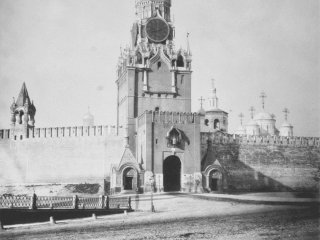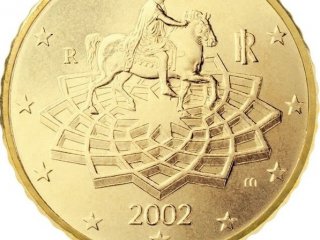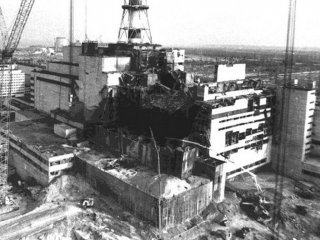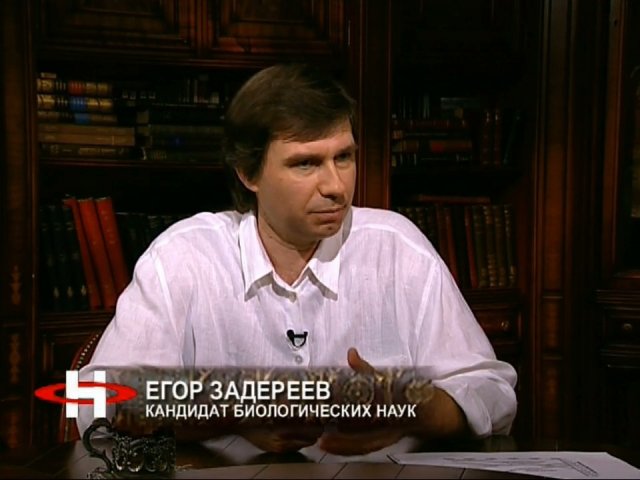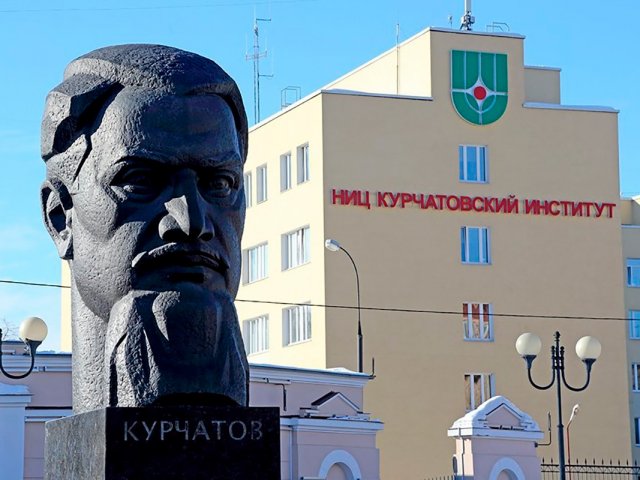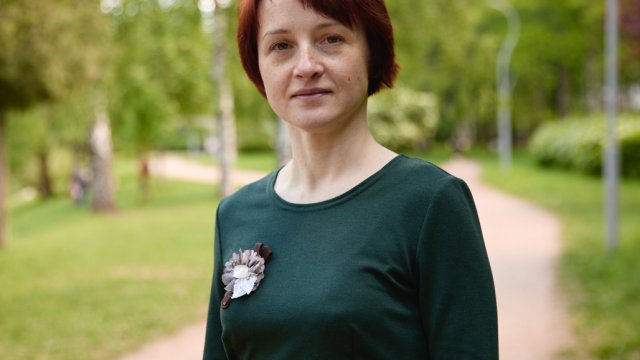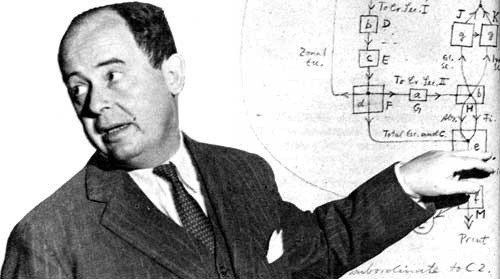
An extraordinarily gifted child Janos Lajos Neumann was born on the banks of the Danube, in the city of Budapest, Austro-Hungarian Empire. His father worked in a bank and was so successful that he was granted nobility and the “von” prefix to his surname. Since very young age, the eldest of his three sons made the others wonder: at the age of 6, the child talked to his father in ancient Greek and multiplied multi-digit numbers. At the age of 8, Janos mastered mathematical analysis. Before turning 30, he earned a doctorate and moved overseas – he was invited by Princeton University. It was very timely – the Jew Neumann would end up in the concentration camp furnace in Hitler's Germany. In the United States, Janos became John and made an invaluable contribution to the world science. He created the game theory, enriched quantum physics, functional analysis, and the set theory, as well as participated in the Manhattan project to create the atomic bomb. But most importantly, he laid the foundations of modern computer architecture. According to the von Neumann principles, a computer must contain a device for performing calculations and logical operations, a device for organizing the control process, and memory for storing programs and information. Nothing else. If these devices are present, you have a computer. And the rest is a matter of preference. John von Neumann often said that after retirement he would open a cafe in Princeton, where there would be no jukeboxes and people would be able to talk over a cup of coffee. But it did not happen – he did not live to retire.
